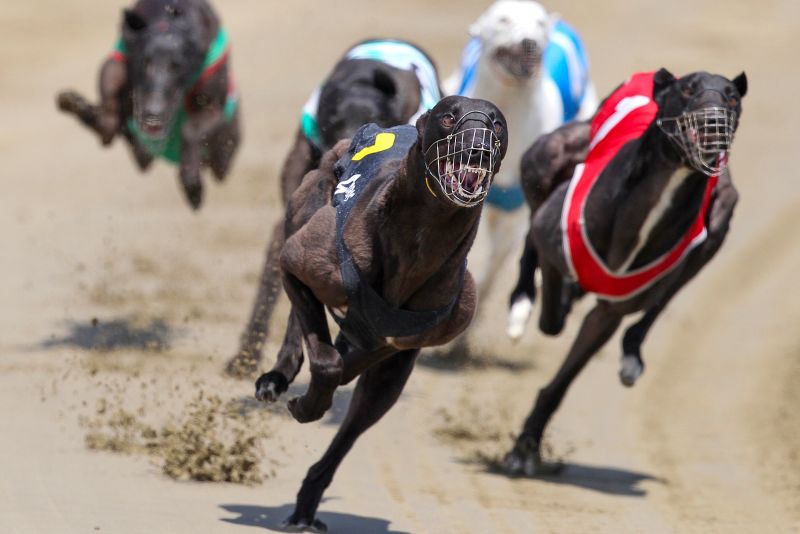Majority say Biden will be remembered poorly as president says farewell to the nation: poll
Greyhound racing is increasingly rare worldwide. New Zealand now plans to outlaw the practice


New Zealand plans to outlaw greyhound racing because too many dogs are hurt or killed, the government said Tuesday, spelling an end to the practice in one of the few countries where it still operates.
The racing of greyhounds as a betting sport was wildly popular at times last century. But the number of dogs euthanized due to race-day injuries, or because homes cannot be found for them after their short careers end, has provoked animal welfare campaigns and growing public distaste for the sport.
Commercial greyhound racing continues in the United States, Australia, the UK and Ireland, with only two tracks remaining in the US after many states ended the practice.
New Zealand’s ban is not yet law but has universal political support. The government plans to stop the racing from Aug. 1, 2026, to allow the 2,900 racing dogs to be rehomed and more than 1,000 people employed in the industry to find other work, Racing Minister Winston Peters said Tuesday.
Unease over animal welfare
New Zealand’s greyhound racing industry has faced repeated reviews in recent years over its dog safety record, with multiple reports urging sweeping changes. Peters said the industry had made progress -– but not enough.
Stricter policies governing when dogs can be euthanized, and rehoming programs that send retired New Zealand greyhounds abroad as pets when homes cannot be found domestically, have reduced the numbers killed each year. But the percentage of dogs injured “remains persistently high,” Peters said.
“The time has come to make a call in the best interest of the animals,” he said.
Greyhound Racing New Zealand, an industry group, accused the government of not recognizing improvements made, including its commitment to tracking the care of every retired dog for the rest of its life. Tuesday’s announcement was “a devastating blow,” said chair Sean Hannan.
The animal welfare organization SPCA praised the government for showing “compassion for dogs made to work in a dangerous gambling industry.” The practice has long been out of favor in New Zealand, spokesperson Arnja Dale said.
A racing industry in global decline
Some lawmakers in parliament on Tuesday described the racing industry’s end as inevitable following the steady decline of greyhound racing worldwide.
Commercial racing operates in four other countries. In the US, its popularity peaked in the 1980s and the number of states allowing the practice has dwindled since then amid reports of dog mistreatment and the explosion of other gambling options.
Only two tracks remain -– both in West Virginia -– after Iowa, Arkansas and Florida shuttered their racing industries. Greyhounds have become popular as pets in the US, and New Zealand has sent dozens of dogs to new owners there when homes could not be found in the country of 5 million people.
Greyhound racing is also legal in Australia, where critics have decried the practice, and the rules governing it vary by state. Commercial racing currently operates throughout the UK and Ireland, but the Scottish parliament is considering a ban there.
The practice remains legal in Mexico and Vietnam, but there are no longer operational tracks in either country, according to information supplied by Peters’ office.
A swift legal change to protect dogs
Hours after it announced the end to greyhound racing, New Zealand’s government rushed through a law to prevent dogs from being killed while the industry winds down, unless a veterinarian deems it unavoidable. This will prevent owners from euthanizing dogs for economic reasons, Peters said.
Lawmakers unanimously agreed to the change.
The law shutting down the industry will take longer, however, and is not expected to pass until next year after a period of public submissions. All political parties support the ban.











